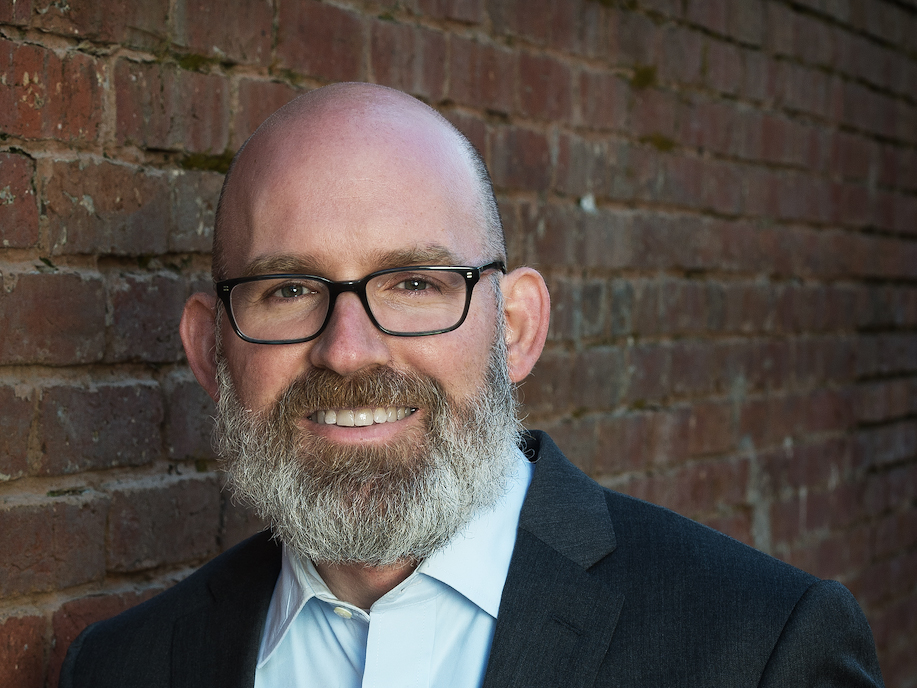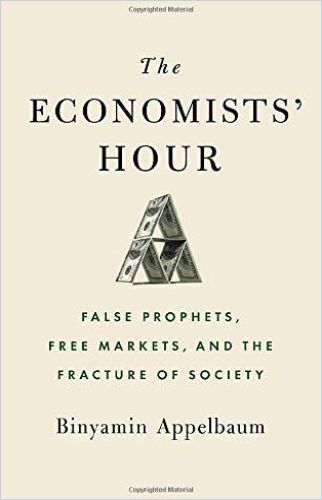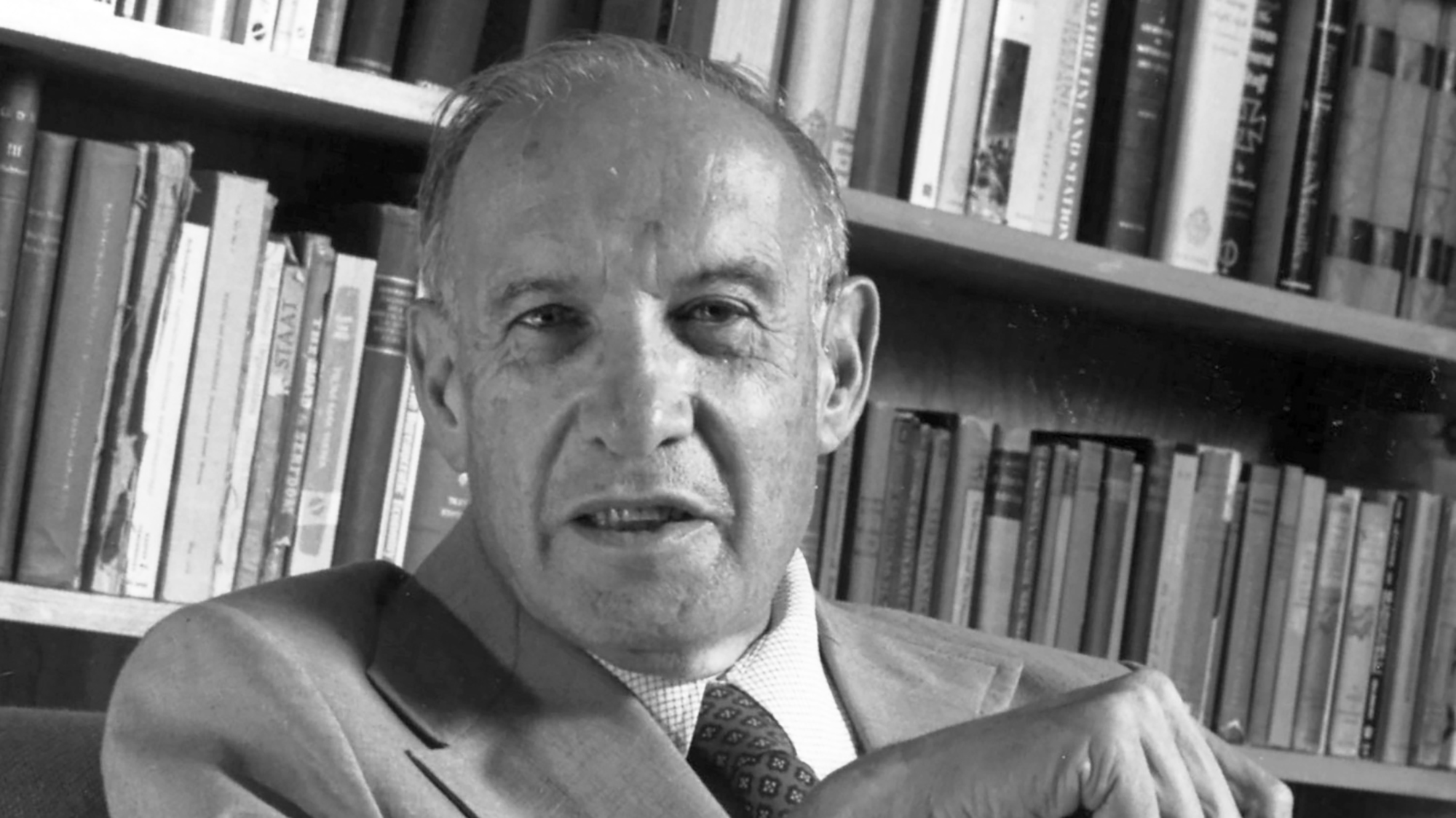“You Can Watch the March of Ideas from the Minds of Economists and into Our Lives.”

getAbstract: Binyamin, your premise seemed so obvious as I was reading your book, but I’ve never seen economic history laid out quite that way. What inspired you to write The Economists’ Hour?
Binyamin Appelbaum: I have been writing about economic policy for about 15 years. I became really interested in the history of how we do things now. In particular, I learned how new it was, and how different it was from what had come before. My purpose was to give people an understanding of how our system came to be and to empower them to realize they can make different decisions.
You write a lot about prominent figures such as Milton Friedman and Arthur Laffer. Were there other economists you hadn’t heard of when you began your research?
The book is the history of a revolution that really gets underway in the late 1960s and early 1970s, with a new breed of economists who think government needs to play a more limited role in the economy. Obviously, there are high-profile economists like Milton Friedman and Arthur Laffer. Part of the joy of the project is meeting people I didn’t know anything about. Walter Oi is an example. He wound up going blind while he was in graduate school. He had a superb mind. He would dictate formulas to assistants. He played an important role in getting Richard Nixon to end military conscription. Everything about his story I found interesting. I discovered many figures like that in the course of my research.
Who else comes to mind?
There’s a woman named Alice Rivlin who I knew because she became vice-chairman of the Federal Reserve in the mid-1990s. But I didn’t know about her earlier career: In the 1970s, Congress decided it wanted to create its own Congressional Budget Office. At the time she was a relatively young economist at the Brookings Institution, and she became director of this new office. That threw her into the middle of the battles that really changed the course of the American economy.
What was the biggest surprise as you researched this book?
When I went into this project, I didn’t know how easy and possible it would be to prove that specific economists had introduced specific ideas that influenced specific policymakers in specific ways. But:
You can almost watch ideas develop. You can document an idea being created by an economist, and then decision makers contact him to talk about the idea. You can watch the Euro march from the beginning to implementation.
You can really watch the march of ideas from the minds of economists and into our lives.
Why do you think it was free-market economists who emerged as the most influential figures, instead of economists with more “progressive” ideologies?
You need to go back to that moment. In the late 1960s and early 70s, there was a sense that the American economy was faltering, that we were falling behind other countries. At the time, the bogeyman was Japan rather than China. There was this sense that America had lost its way. Into the void comes this cadre of economists with the very simple and appealing idea that the government needs to take its hands off the wheel of the economy.
But toward the end of the book, you make the point that we would have had globalization and the hollowing out of the Rust Belt even without Milton Friedman. Play the thought experiment: What would the economy look like had these economists not held such sway?
The shift in policymaking in the mid-century really changed how economists and politicians viewed the role of government. They stopped trying to fight against inequality. They’ve essentially given up.
The result is that life stops getting better for most Americans. It’s tremendously consequential.
There was going to be globalization. There were going to be factories closing in the Midwest. But the question is what happens next! Is there going to be a safety net? Is there going to be a way for people to get new jobs? Is the government going to encourage the creation of those jobs? Is the government going to make education for those jobs affordable? Is childcare going to be available for those workers? I think: The government stops trying to make Americans thrive.
When historians look back in 50 years, who will be the crucial economic figures they focus from today?
That’s an awfully hard question to handle in real-time.
We’re in a moment much like there was in the 1970s, where it’s clear that things aren’t working.
It’s not clear yet what will emerge from that ferment. There are competing ideas about what should happen in the American economy. You have the very protectionist view of Donald Trump and some Democrats. Then there are people who want to invest more in education. There are people who think the government should get out of the way even more than it is now. What can be said is that the opportunities to make these choices don’t come along very often. They really will shape the next half-century and be tremendously consequential.
So, are you working on the next book already?
Not yet, but I very much enjoyed the process and look forward to writing another one.
Binyamin Appelbaum is the lead editorial writer on business and economics for “The New York Times” editorial board. He also has worked as a reporter at “The Washington Post,” ‘The Boston Globe,” and the “Charlotte Observer.”
Next steps
getAbstract has summarized many books by and about the economists who play a prominent role in “The Economists’ Hour.” Find their abstracts in related Channels such as Economics, Financial Markets, Behavioral Finance or The Role of Government in Economics.







